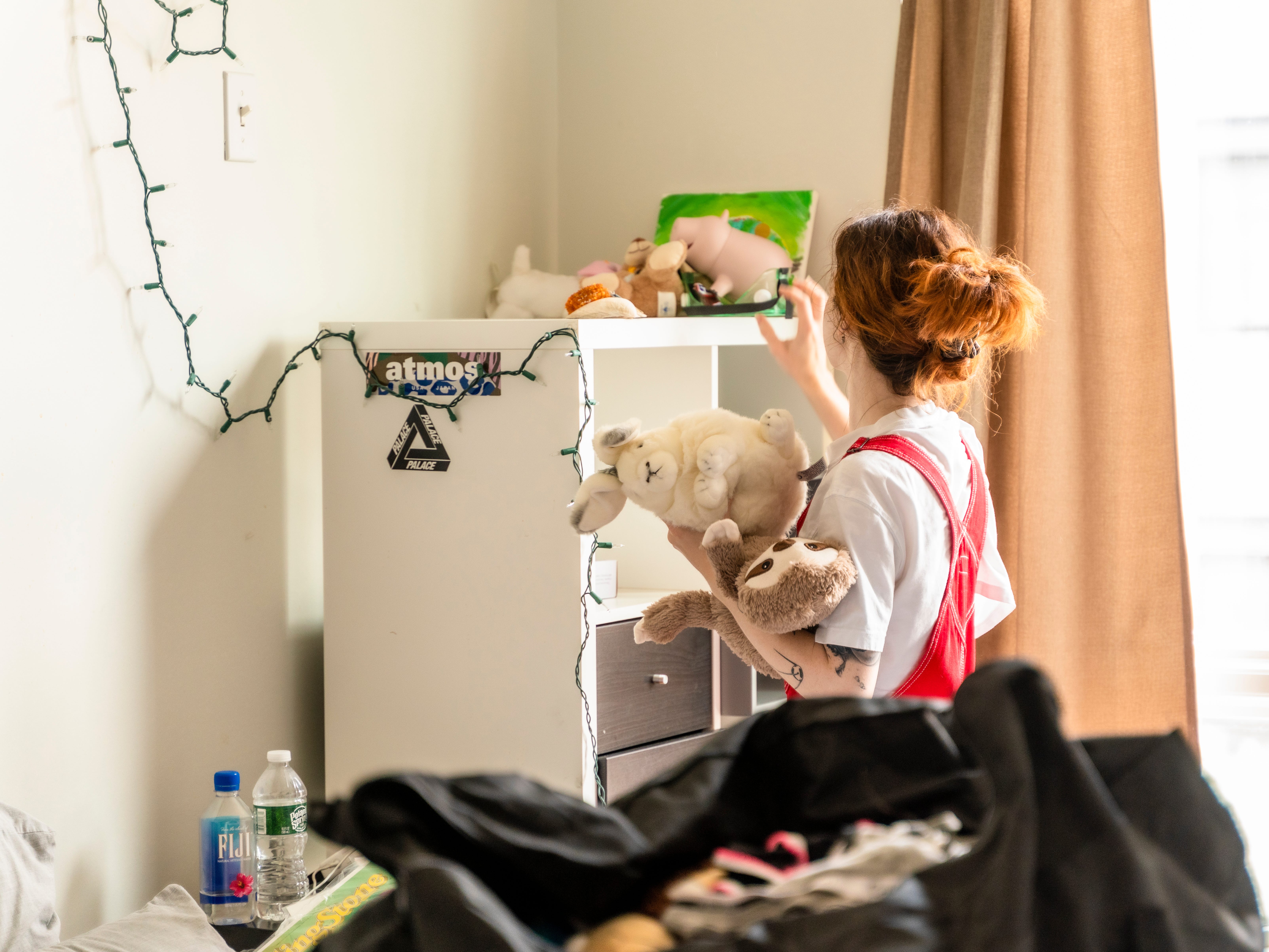
Alex Potemkin/Getty Images
- My parents always wanted kids, and were so happy when I was born.
- I was an only child, and time passed quickly. I moved out for school but visited home frequently.
- As my life changed, their lives were changing, too, and I saw them as more than my parents.
My parents have always wanted to be parents. Once they had married, bought a house in the suburbs of Johannesburg, and adopted their second dog, I was overdue. When, finally, they brought me home from the hospital and set my carrier on the kitchen counter, the picture of our family was complete.
Over the years, there were board games and school plays, holidays by the sea, photographs of the three of us smiling, and in each of them, all of us, growing a little older. I have a distinct memory, standing in the doorway, measuring my height against the frame, and counting on my fingers how many years it would be until I turned 16 — double my lifetime, all of it once over.
After that, more memories. Christmas Eve. Two Father’s Day rugby games, a decade apart. A school sports day, running fast toward my father at the finish line, as he proudly snaps proof that things move too quickly, even in the races we enter just for fun.
The years passed quickly, and I went to university and moved out
I turned 16, and then 18. I grew up, and then moved out. Part of the reason, I think, why teenagers become so unpleasant is that it would otherwise be unbearable to separate. Puberty did the painful and important work of convincing me I ought to be my own person. I decided on a university an hour away from home: I’d have to move out, but I could still bring my laundry home on weekends.
For the first two years, I saw my parents every weekend. On Friday afternoon, I’d arrive and fill the house until Sunday. I would tell them how long it takes to walk from one side of the campus to the other, and about quantum mechanics, student specials, and loneliness. They said that, during the week, the house was quiet without me. They filled the silence with new shows and old conversations; they became best friends again.
As my life was changing, my parents’ lives were, too
Then I fell in love, once as practice and then properly, and my parents had to share my weekends and my heart. They made friends with our neighbors. My mother filled every spare corner of our house with plants; things to take care of. Tomatoes, granadillas, and baby spinach in the backyard. My dad started going to the gym. They adopted a puppy.
During one visit home, we attended a local quiz night, and the host knew my parents by name and reputation — apparently, they were the reigning champions. Now, though they are still parents, they are, more often, spouses, friends, cultivators, and know-it-alls.
I fell in love a third time with a city on the other side of South Africa. Despite their love and because of it, my parents were never very encouraging of my move. Six years after leaving the house, I left the province. We’re separated by 1,500km, an airport terminal, my career, and the walls of two homes in two different suburbs. We video call once a week.
On the screen, they sit side by side at the dining room table. Shoulders pressed together, each of them missing an ear to fit the frame. I am a small rectangle, floating in the corner above them. We smile, a new family portrait.
We complain about work together. They ask about my next visit, and I try not to feel guilty about the answer. They tell me about their lives, I tell them about mine, and, though our individual stories have diverged, the story of our family will always begin and end the same: my parents set my carrier down on the kitchen counter and then we loved each other, happily ever after.
Read the original article on Business Insider
The post People always talk about becoming an empty nester, but it’s also strange to leave the nest empty appeared first on Business Insider.




